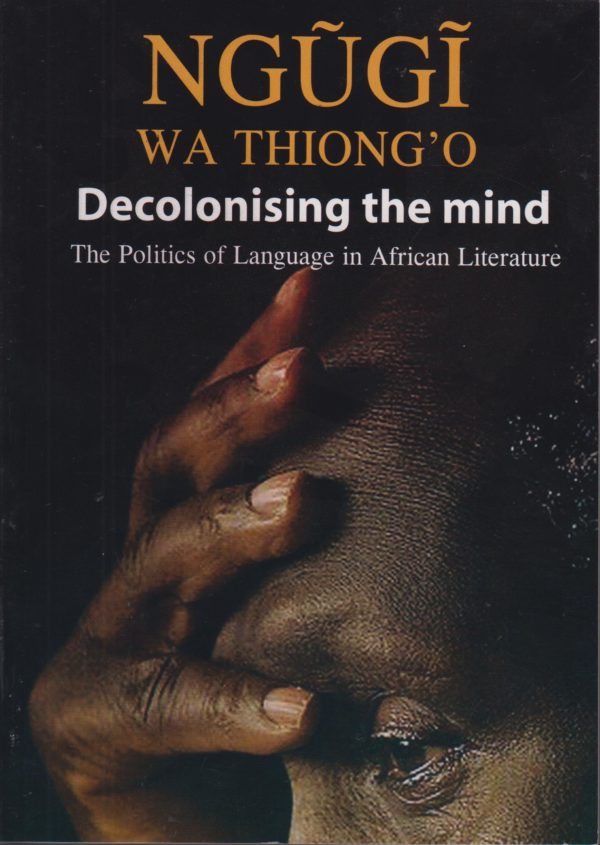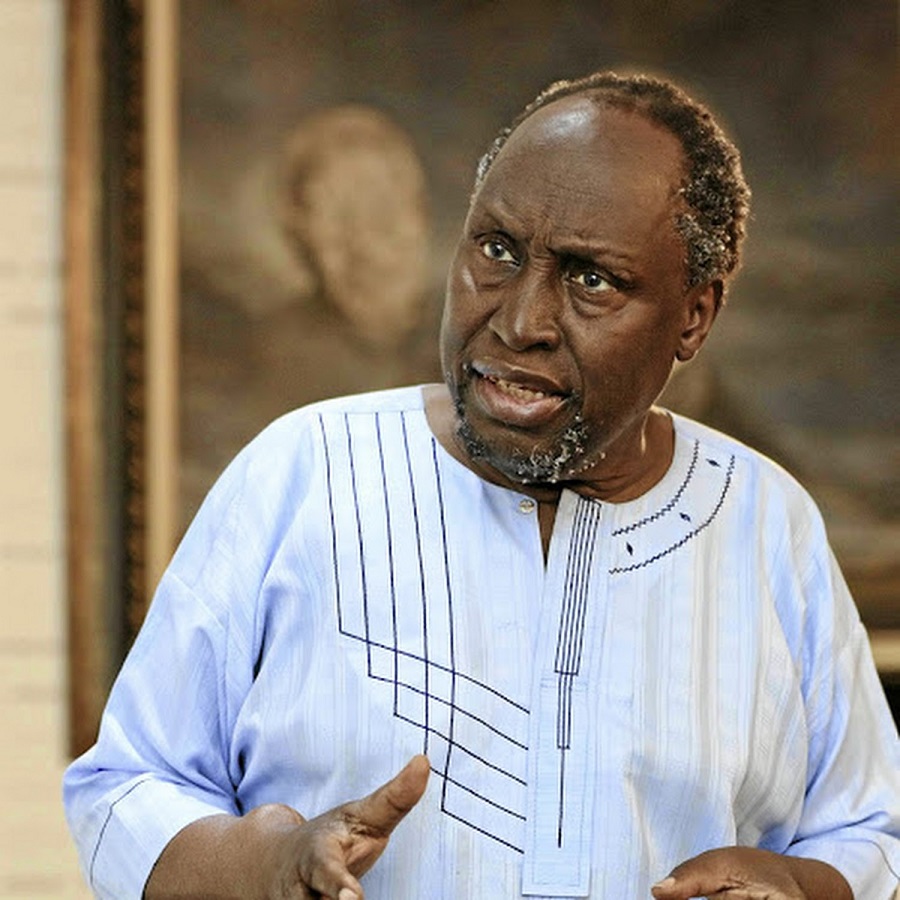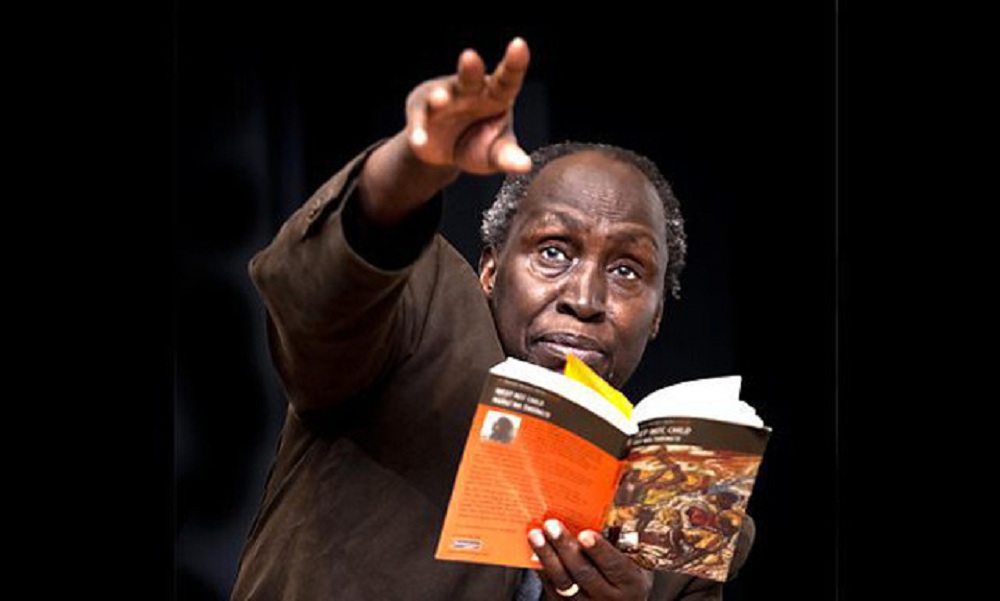Acclaimed Kenyan author Ngũgĩ wa Thiong’o has been awarded the 2019 Erich Maria Remarque Peace Prize for Decolonising the Mind: The Politics of Language in African Literature, about language and its constructive role in national culture, history and identity.
The collection of essays advocates for linguistic decolonisation and is one of his best-known and most-cited publications. Since 1984, Ngũgĩ , a University of California, Irvine, Distinguished Professor of comparative literature and English, has written in his native Kikuyu (Gikuyu), spoken primarily by the Kikuyu people, the largest ethnic group in Kenya, and then translated his text into English.
In the announcement, the jury said Ngũgĩ understands communication among the different languages as a peace-building element. He is regarded as one of the most important voices in African literature.
His essays, collected in his anthology Decolonising the Mind, determine the discussion of the continuing consequences of the colonisation of Africa to this day. Since 1984, he has been writing his literary texts only in his mother tongue, Kikuyu (Gikuyu), which he then translates into English. For him, writing in African languages is part and parcel of African literature, since it encompasses the myths and ways of thinking as well as the culture and the mentality of the people who speak this language.
Through equality of the languages and decolonisation at all levels, ruling, post-colonial power structures in the countries of Africa could be overcome and an own strong identity achieved, which could ultimately also prevent the expected stream of refugees to Europe. His collection of essays Decolonising the Mind also contains a selection of lectures and articles that fundamentally illustrates his postcolonial criticism and cultural studies theses.
“With Ngugi wa Thiong’o we are honouring a writer who is concerned with the self-determination of African cultures and with a dissociation from colonial constraints,” says the jury statement. “His attempt to create a dialogue through literature in spite of or indeed because of the different languages evokes understanding for this continent and can thus contribute towards peace.”
“Also with regard to the avoidance of a new colonialism, as endeavoured today by China for example, Ngũgĩ wa Thiong’o is an important representative of independence through language”, says the statement of the jury.
The prize, endowed with 25,000 euros (Ksh 28 million), is awarded for fictional, journalistic or scientific works that demonstrate an exemplary commitment to peace, humanity and freedom.
It will be presented November 29 at a ceremony in Osnabrück, Germany, the birthplace of novelist Erich Maria Remarque, author of All Quiet on the Western Front.
“Especially in his essays Ngũgĩ wa Thiong’o refers at a very early stage to the highly topical discussion concerning the consequences of the colonial era – here, for instance, I am thinking of the question of the return of the captured cultural heritage – and the necessity of overcoming the power structures in the post-colonial states of Africa, which were also enabled or even only made possible in the first place by the European states,” says Lord Mayor Wolfgang Griesert.












Leave a comment